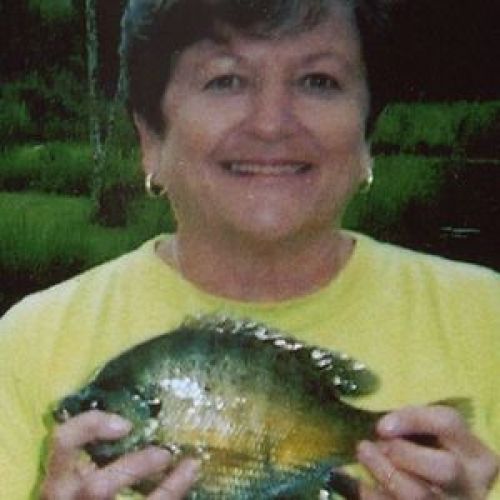
Willie Francis
November 7, 2013
Gertrude Frances Norris
November 13, 2013For a man accused of two murders – one of the victims a police officer – and the wounding of two deputies, Wilbert Thibodeaux projects an affable air.
Seeming indifference to the gravity of charges against him – and the state’s intention to kill him if he is convicted – has been a source of frustration to relatives and friends of his victims.
Hands manacled in front, a blue denim jacket draped over his shoulders to ward off the chill of a surprise cold front, the former free-lance landscaper gave a waist-level wave of greeting and a polite, almost cheerful nod of recognition to a Chitimacha tribal police officer seated in District Judge Keith Comeaux’s courtroom last Thursday.
State correctional officers escorted Thibodeaux into the courtroom for a brief appearance, during which Comeaux checked with defense lawyers and prosecutors on the status of funding for experts in the case.
Thibodeaux is accused of murdering a neighbor, Eddie Lyons, and gunning down Sgt. Rick Riggenbach of the Chitimacha tribal police, as well as wounding St. Mary Parish deputies Jason Javier and Matt Strickland during a shooting spree on rural Flat Town Road in Charenton on Jan. 26.
Comeaux made firm a Jan. 9 deadline for defense lawyers to present a formal request for a sanity commission. Its purpose is a determination of whether Thibodeaux, who has a long history of treatment for a mental illness, is competent to assist in his defense.
But those elements cost money, and money has been lacking. Comeaux wants assurances that the state will do its part by paying for the required experts, because without them – even if Thibodeaux’s case does move to trial and there is a conviction – later proceedings could result in a remand for new trial.
Defense lawyer Nancy Dunning had asked for an extension from a November deadline to a January date for her request for a sanity commission, in part because the money available for Thibodeaux’s defense is up in the air.
Assistant District Attorney Anthony Saleme objected, noting that delays in the case have worn hard on the families of victims.
The mere request for a sanity commission, delayed to 2014 and then the need for a judicial decision after, in Saleme’s view, places an undue burden on the survivors.
“I understand the victims,” the judge responded. “The Supreme Court has indicated to us that mental competency is an important issue … if we don’t get all the research we may miss something that might be an important issue.”
Comeaux held firm to his grant of the Jan. 9 deadline.
Members of the St. Mary Parish bar not connected to the case have noted that Comeaux and other judges – unlike some in other districts – have garnered reputations for moving carefully in capital cases because of their complexity, dotting “i’s” and crossing “t’s.”
During the proceedings the slain officer’s widow, Bonnie Riggenbach, looked on with one of her daughters, Andrea Baldridge, and son William Riggenbach beside her.
Saleme met with them after the proceedings and was, according to Bonnie Riggenbach “extremely nice.”
But explanations of the legal process have nonetheless been of little comfort to her.
“In my opinion I think the whole thing is ridiculous,” she said. “I realize they have to go through all the motions but it is difficult for me to watch it.”










